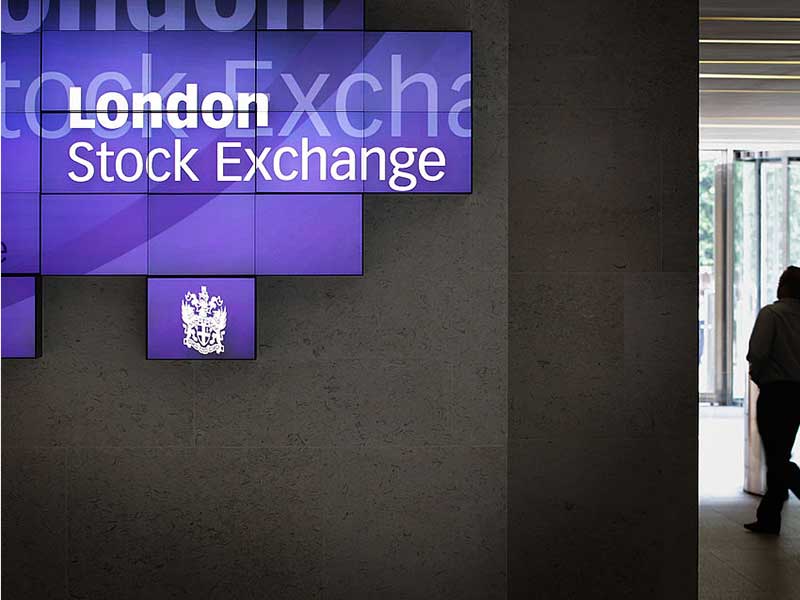London Stock Exchange teams up with IBM for mainstream blockchain trial
LSE’s Italian subsidiary will be the first financial service provider to conduct a mainstream trial of blockchain

LSE has announced it will work with IBM to develop a trading platform using the cryptocurrency software blockchain
On July 19, the London Stock Exchange Group (LSE) announced plans to integrate blockchain technology into its mainstream financial service transactions. LSE said it would partner with IBM to develop a trading platform that uses the technology behind cryptocurrencies such as Bitcoin to issue shares of small and medium firms on Borsa Italiana, its Italian exchange operator.
Blockchain software creates a record and accompanying timestamp of every transaction performed on a system, creating an unbiased account of how currency has changed hands without the need for a third party overseer.
The software rose to prominence when it was used to solve the problems associated with creating a secure digital currency, enabling the birth of bitcoin. Before the introduction of blockchain, internet-based money systems had no trustworthy way of verifying the true owner of the currency.
The use of blockchain in the birth of the hugely popular bitcoin spawned many copycat cryptocurrencies, and the wider financial services sector is now clambering to see how it can streamline fund-trading processes. A recent examination in the Harvard Business Review suggested implementing blockchain would totally overhaul the financial services sector in a manner comparable to the seismic impact the internet had on the media industry.
Before the introduction of blockchain, internet-based money systems had no trustworthy way of verifying
the true owner of the currency
Traditionally, smaller platforms have entered information regarding trade deals into spreadsheets, or even paper files, with both parties keeping a separate record of the transaction. This old fashioned system is riddled with problems and is in dire need of an overhaul; one key issue is the unnecessary expense of extra man-hours spent recording trade deals on a daily basis. Another is the obvious opportunity for human error when entering the records.
As well as doing away with the out-dated manual record system, blockchain will make it easier for companies to share and track trade histories via the digital record it creates. This adds a much needed – and previously impossible – level of transparency for shareholders.
Raffaele Jerusalmi, CEO of Borsa Italiana, believes if LSE’s implementation is successful, the wider adoption of the technology across the financial services sector is inevitable. Jerusalmi said: “Through our work with IBM on this blockchain solution, Borsa Italiana is taking the lead in transforming the way European SMEs can manage their shareholder data and at the same time expand credit access – all on a trusted digital platform.”













